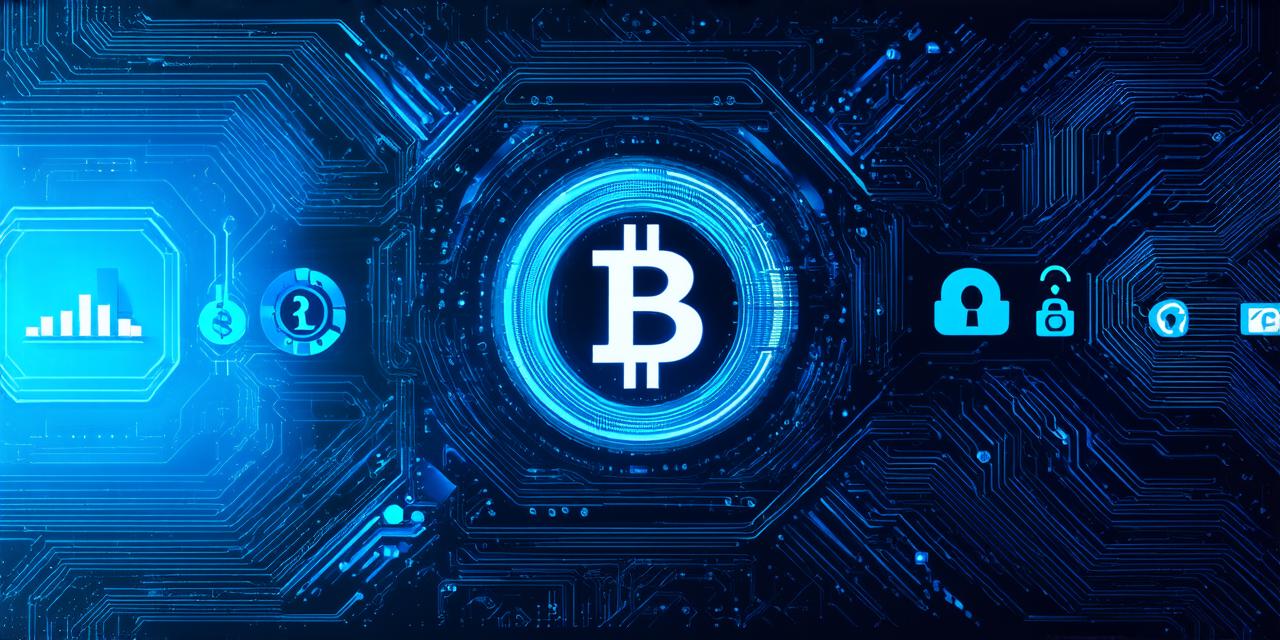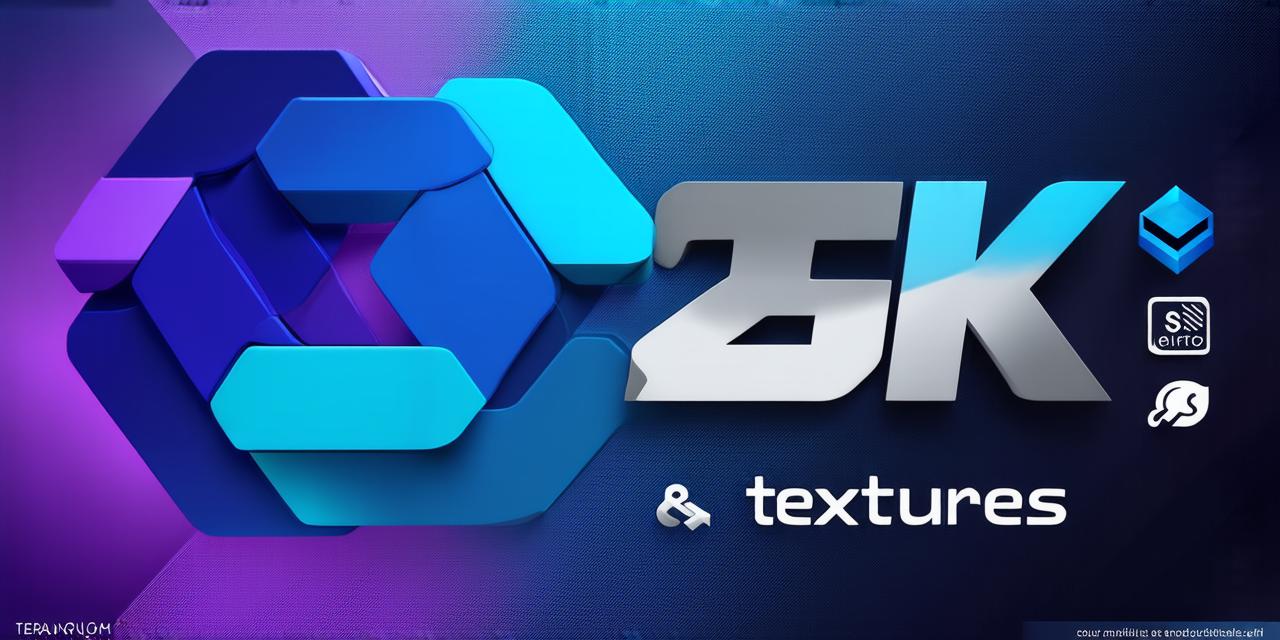1. What is a Blockchain Wallet?
A blockchain wallet is a digital wallet that allows users to store, send, and receive cryptocurrencies securely on the blockchain. It functions as an interface between the user and the blockchain network, providing an easy way to manage and access funds. There are different types of blockchain wallets, including hardware wallets, mobile wallets, web wallets, and desktop wallets.
1. Why Do You Need a Blockchain Wallet?
Having a blockchain wallet is essential for anyone who wants to use cryptocurrencies or engage in blockchain-based transactions. A blockchain wallet provides a secure and convenient way to manage your funds, store them offline, and protect them from hackers. It also allows you to participate in decentralized applications (dApps) and smart contracts on the blockchain.
1. Types of Blockchain Wallets
There are several types of blockchain wallets, each with its own advantages and disadvantages. Some of the most popular types include:
a. Hardware wallets – these are physical devices that store your private keys offline, providing maximum security. They are ideal for long-term storage and are less susceptible to hacking.
b. Mobile wallets – these are mobile applications that allow you to manage your funds on the go. They are convenient for quick transactions but may not be as secure as hardware wallets.
c. Web wallets – these are online wallets that can be accessed from any device with internet connectivity. They are easy to use and provide a range of features, including staking and yield farming.
d. Desktop wallets – these are software applications that can be installed on your computer or laptop. They provide advanced features such as multi-signature transactions and customizable settings.
1. How to Fund Your Blockchain Wallet
There are several ways to fund your blockchain wallet, including:
a. Cryptocurrency exchanges – these platforms allow you to buy and sell cryptocurrencies using fiat currencies or other cryptocurrencies. They are a convenient way to fund your wallet, but may be subject to price fluctuations and transaction fees.
b. Peer-to-peer transactions – these are direct transactions between two parties without the need for intermediaries. They can be faster and cheaper than using exchanges, but may be less secure.
c. Fiat currencies – you can fund your wallet using fiat currencies such as USD, EUR, or GBP. This is a convenient option if you do not have access to cryptocurrencies.
d. Stablecoins – these are cryptocurrencies that are pegged to the value of fiat currencies, providing stability and reducing price volatility. They can be a good option for those who want to use cryptocurrencies as a store of value.
e. Initial Coin Offerings (ICOs)
– these are fundraising events where investors can purchase new tokens or coins using fiat currencies or other cryptocurrencies. They can be a good way to fund your wallet if you believe in the project and its potential for growth.
f. Decentralized Finance (DeFi) Platforms
– these platforms provide a range of financial services, including lending, borrowing, and trading, using cryptocurrencies. They can be a good way to earn interest on your funds or participate in yield farming.
g. DeFi Yield Farming
– this is a process of lending and borrowing cryptocurrencies on DeFi platforms to earn interest. It can be a good way to grow your funds over time.
h. Centralized exchanges with fiat deposit options – these exchanges allow you to deposit fiat currencies and trade cryptocurrencies. They provide convenience and liquidity, but may be subject to higher transaction fees and security concerns.
i. Over-the-Counter (OTC) Trading
– this is a direct trading between two parties outside of traditional exchanges. It can be a good option for large transactions or those who want more privacy.
j. Crowdfunding Platforms
– these platforms allow you to fund projects using cryptocurrencies. They can be a good way to support innovative projects and earn rewards.
k. Mining
– this is the process of validating transactions on the blockchain network and creating new coins or tokens. It can be a good way to earn passive income, but may require significant computing power and energy consumption.
l. Staking
– this is the process of locking up your cryptocurrencies to validate transactions and earn rewards. It can be a good way to earn passive income, but may require a minimum balance and a long-term commitment.
m. Airdrops and Forks
– these are events where new coins or tokens are distributed to existing holders of a particular cryptocurrency. They can be a good way to receive free coins or tokens, but may be subject to price fluctuations and security concerns.
1. Best Practices for Managing Your Blockchain Wallet Funds
a. Keep your private keys secure – your private keys are the only way to access your funds on the blockchain. It is essential to keep them safe and secure by using strong passwords, two-factor authentication, and cold storage.

b. Diversify your portfolio – investing in a range of cryptocurrencies can help reduce risk and increase potential returns. It is essential to do your research and invest only in projects that align with your values and have a solid team behind them.
c. Monitor your funds regularly – keeping track of your funds on the blockchain is essential for managing your finances effectively. You should monitor your transactions, balances, and fees regularly to avoid any unexpected charges or losses.
d. Use trusted exchanges and platforms – when using cryptocurrency exchanges and platforms, it is essential to use trusted and reputable ones. This will help reduce the risk of hacks and scams.
e. Keep up with regulatory changes – the legal status of cryptocurrencies can vary widely depending on your jurisdiction. It is essential to stay informed about any regulatory changes that may affect your funds or investments.
In conclusion, funding your blockchain wallet can be done in several ways, including cryptocurrency exchanges, peer-to-peer transactions, fiat currencies, stablecoins, ICOs, DeFi platforms, yield farming, centralized exchanges with fiat deposit options, OTC trading, crowdfunding platforms, mining, staking, airdrops, and forks. It is essential to choose the option that best suits your needs and goals while also considering potential risks and rewards. Additionally, managing your blockchain wallet funds effectively requires keeping your private keys secure, diversifying your portfolio, monitoring your funds regularly, using trusted exchanges and platforms, and staying informed about regulatory changes.



